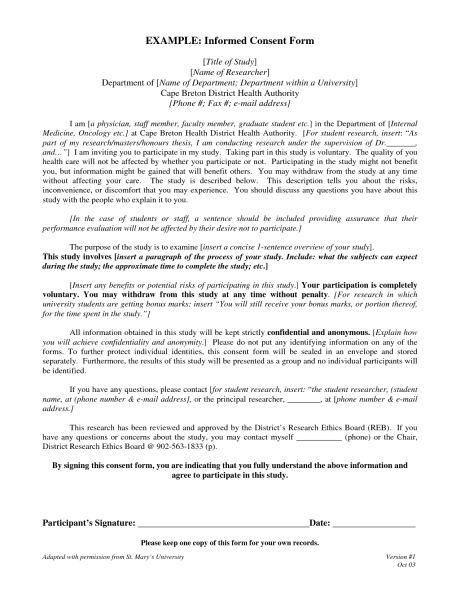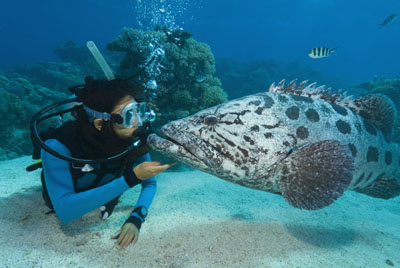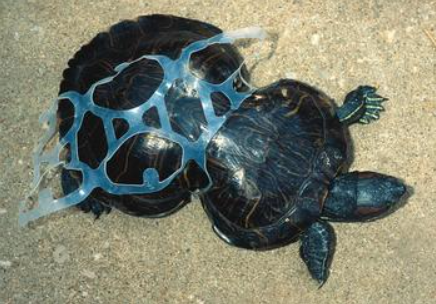In Biochemistry, there are many ethical guidelines for a variety of subjects. For this blog I have chosen one of the most basic, yet the most important, ethical guideline: the use of informed consents. Below is a sample picture of one of these forms from Google Images.

In Biochemistry, there are many ethical guidelines for a variety of subjects. For this blog I have chosen one of the most basic, yet the most important, ethical guideline.
During clinical trials, a biochemist will gather a group of a few volunteers to test a product, method, or behavior. To ensure personal safety, an informed consent is given to each individual volunteer. According to the U.S. National Institutes of Health, an “informed consent is a process used by researchers to provide potential and enrolled participants with information about a clinical study.”
Informed consents are used in every clinical study involving human volunteers. It allows the participants of the trials to be aware of exactly what will happen to them. The U.S. National Institutes of Health also explains that an informed consent allows these participants to withdrawal from the experiment at any time, for any reason.
During clinical trials, a biochemist will gather a group of a few volunteers to test a product, method, or behavior. To ensure personal safety, an informed consent is given to each individual volunteer. According to the U.S. National Institutes of Health, an “informed consent is a process used by researchers to provide potential and enrolled participants with information about a clinical study.”
Informed consents are used in every clinical study involving human volunteers. It allows the participants of the trials to be aware of exactly what will happen to them. The U.S. National Institutes of Health also explains that an informed consent allows these participants to withdrawal from the experiment at any time, for any reason.







